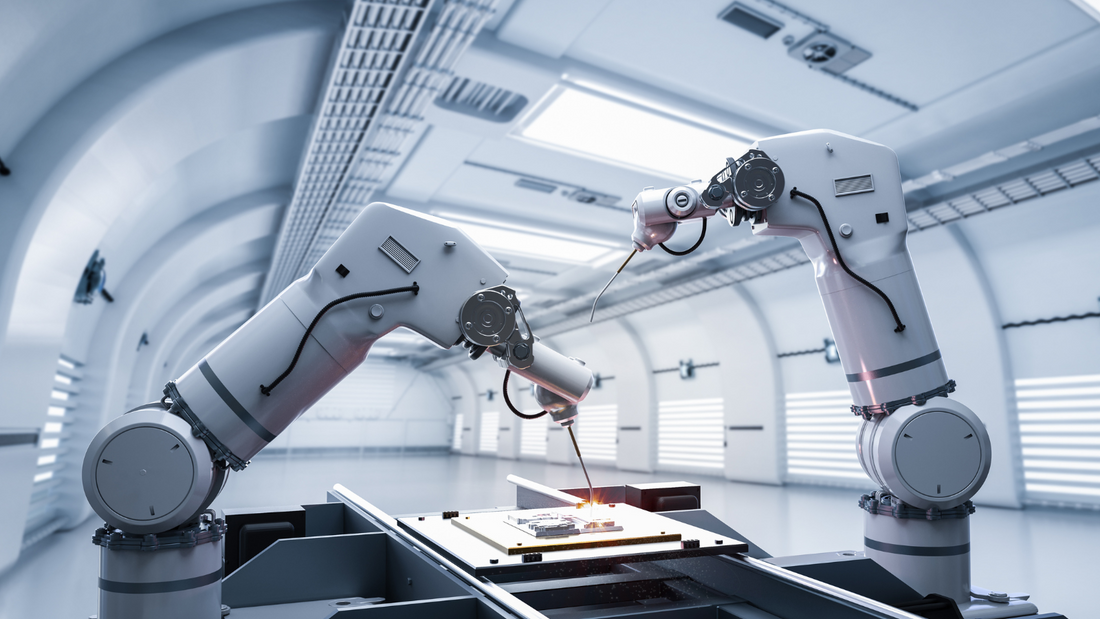The Industrial Revolution 2.0: How Automation is Transforming Businesses
The world of manufacturing is undergoing a significant transformation. Industrial automation, the integration of machines and technology to perform tasks traditionally done by humans, is rapidly changing how businesses operate. This shift towards automation offers a multitude of benefits, leading to increased efficiency, improved product quality, and a more competitive edge.
Boosting Productivity and Efficiency
One of the most significant advantages of industrial automation is the dramatic increase in production output. Automated systems can operate tirelessly, 24/7, eliminating downtime and fatigue-related slowdowns. Repetitive tasks that were once performed by human workers can be completed with greater speed and accuracy by machines, leading to a significant boost in overall productivity.
Enhancing Product Quality
Automation removes human error from the equation, leading to a more consistent and higher quality product. Programmable machines can perform tasks with precise control and repeatability, ensuring uniformity and minimizing defects. Additionally, automated systems can be integrated with quality control measures, allowing for real-time monitoring and adjustments to maintain consistent quality standards.
Improved Safety in the Workplace
Industrial automation can significantly improve safety in manufacturing environments. By removing humans from hazardous tasks involving heavy machinery or exposure to dangerous materials, automation reduces the risk of accidents and injuries. This creates a safer work environment for employees, allowing them to focus on higher-level tasks like system monitoring and process optimization.
Cost Reduction and Increased Profitability
While the initial investment in automation technology can be significant, the long-term benefits translate to substantial cost savings. Increased productivity leads to higher output, while improved quality reduces waste and rework. Additionally, automation can minimize labor costs associated with repetitive tasks, leading to a more optimized workforce and increased profitability.
A More Competitive Edge
In today's globalized market, businesses need to be efficient and adaptable to remain competitive. Industrial automation allows companies to achieve faster production cycles and deliver products to market quicker. Additionally, consistent quality ensures customer satisfaction and brand reputation, further strengthening a company's competitive edge.
The Future of Industrial Automation
The future of industrial automation is brimming with exciting possibilities. Advancements in technologies like artificial intelligence, machine learning, and the Industrial Internet of Things (IIoT) will further revolutionize the manufacturing landscape. These advancements will lead to even smarter, more adaptable automation systems, fostering a future of intelligent and connected factories.
Conclusion
Industrial automation is not just a trend; it's a transformative force shaping the future of manufacturing. By embracing automation, businesses can unlock a multitude of benefits, from increased productivity and improved quality to enhanced safety and greater profitability. As technology continues to evolve, the possibilities for industrial automation are endless, paving the way for a more efficient, innovative, and competitive manufacturing industry.














































































































